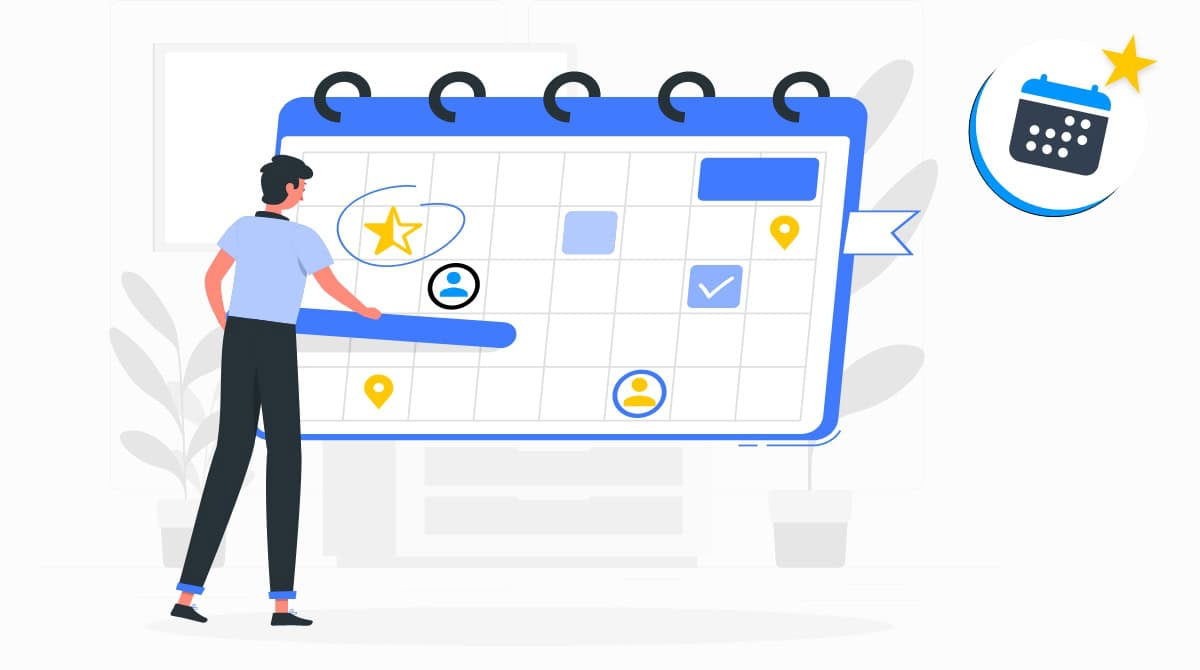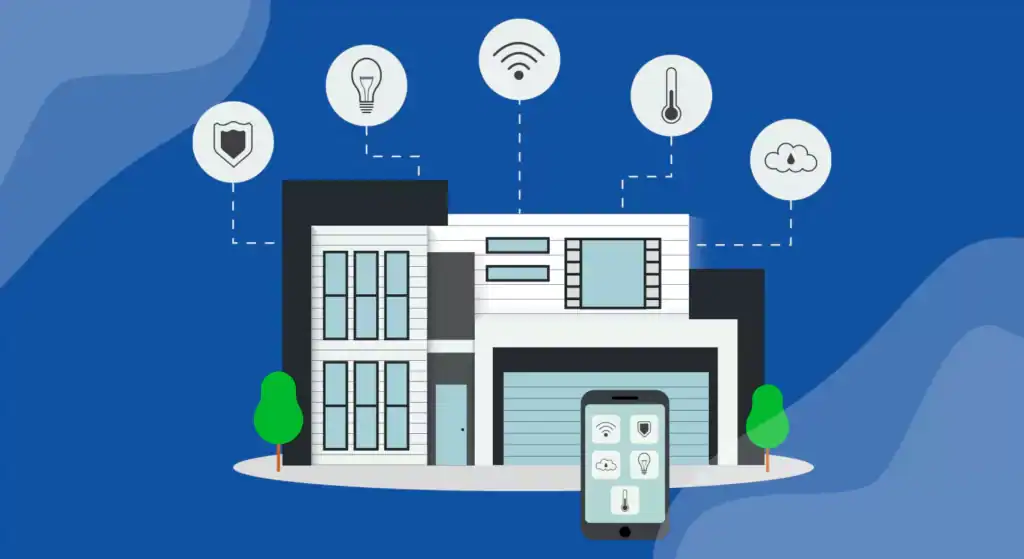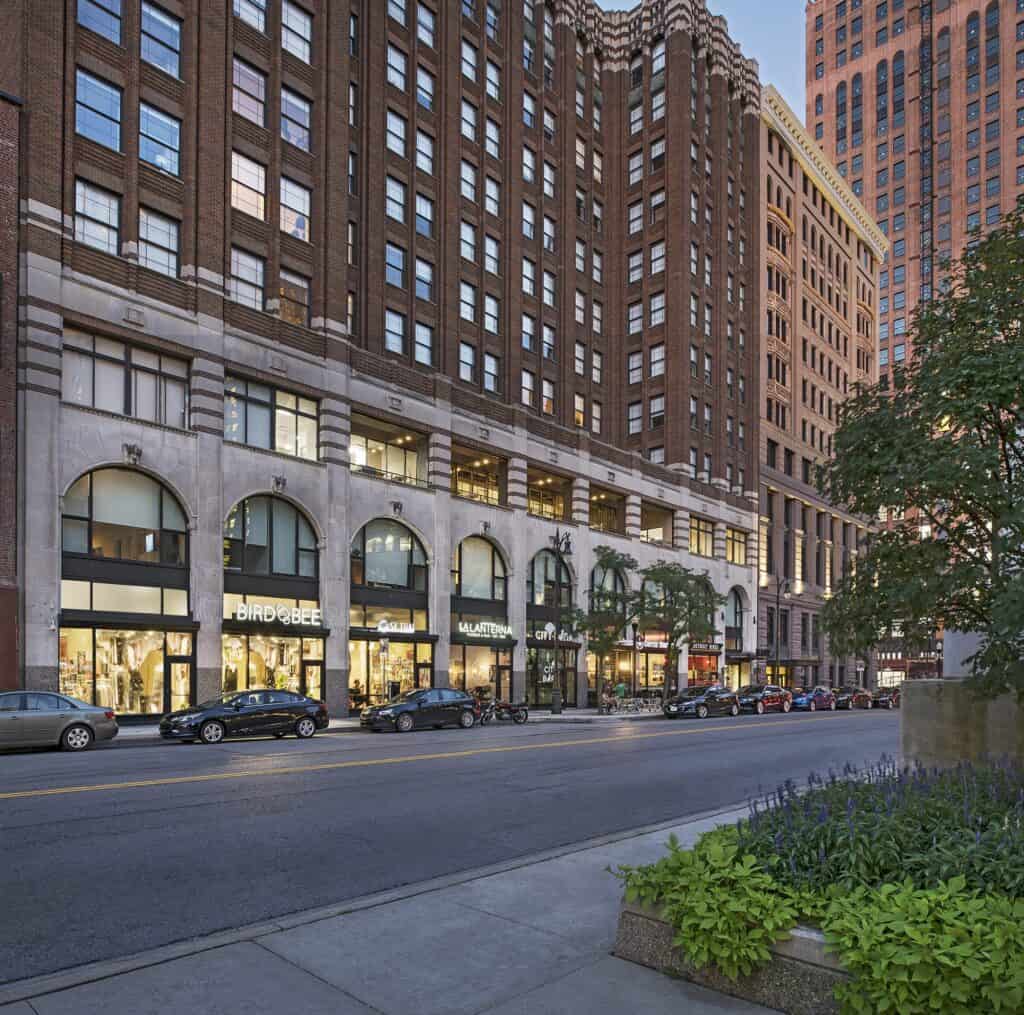When buying or renting a home, location is one of the most crucial factors that influence a decision. Buyers and renters aren’t just looking for a property—they are also considering the surrounding community, lifestyle, and amenities available in the area. Local events, whether they’re cultural festivals, farmers markets, concerts, or art shows, play a significant role in shaping the character of a neighborhood.
Incorporating local event calendars into Multiple Listing Service (MLS) portals can add significant value for potential homebuyers and renters, as well as foster a greater sense of community. By showcasing upcoming events and activities in a neighborhood, MLS platforms can enhance their listings, provide additional layers of information, and give potential buyers a glimpse into the lifestyle they can expect from a specific area.
This article explores the benefits, implementation strategies, and potential challenges of integrating local event calendars into MLS portals.
What Are Local Event Calendars?

Local event calendars display upcoming events, activities, and happenings in a specific geographical area. These events may include a variety of activities such as:
- Cultural festivals
- Farmers’ markets and local fairs
- Outdoor events
- Community gatherings
- Sporting events
- Art shows and theater performances
- Conferences, talks, and workshops
These events not only reflect the vibrancy of a neighborhood but also provide potential buyers or renters with a deeper understanding of the local culture, people, and social activities.
Why Incorporate Local Event Calendars into MLS Portals?
Integrating local event calendars into MLS portals offers a range of benefits for real estate professionals, buyers, renters, and the broader community. Here’s why it’s a compelling feature to consider:
1. Offering a Complete Picture of the Neighborhood
Real estate listings often focus on the physical attributes of a property—its size, layout, price, and condition—but the true charm of a location often lies in its community and local amenities. By showcasing local events, MLS platforms can offer a more comprehensive view of what it’s like to live in a particular area.
For instance, potential buyers moving to a new city might be interested in knowing about local events like outdoor summer concerts, food trucks, or annual street festivals. These types of activities may be a deciding factor for a buyer who values a vibrant, social lifestyle. Adding a local event calendar provides context and enriches the buyer’s overall experience.
2. Enhancing the Buyer’s Decision-Making Process
Understanding the lifestyle that comes with a particular neighborhood can help buyers make more informed decisions. The local event calendar feature can offer potential homeowners a snapshot of the area’s culture and personality, helping them evaluate whether the neighborhood aligns with their interests and lifestyle.
For example, someone interested in outdoor activities may be drawn to areas with regular hiking meet-ups or outdoor yoga sessions, while a family with children may prefer areas hosting family-friendly events, such as school carnivals or holiday parades. Providing this information can make buyers feel more confident in their choices and may ultimately speed up the decision-making process.
3. Showcasing Community Engagement and Building Trust
Incorporating local event calendars into MLS portals not only highlights the events happening within a neighborhood but also showcases how active and engaged the community is. A neighborhood that is hosting frequent local events signals a sense of pride, vitality, and social connectivity. For sellers and real estate professionals, this can be an excellent marketing tool.
When people see that an area is regularly hosting community events, it makes the neighborhood feel welcoming and connected, encouraging potential buyers to view it as an ideal place to live. For sellers, this is an opportunity to position their property as part of a thriving, vibrant community.
4. Creating an Additional Revenue Stream for MLS Platforms
In addition to benefiting buyers, incorporating local events into MLS portals could provide MLS operators with new monetization opportunities. Local businesses, event organizers, or municipalities may be willing to pay for featured listings, promotions, or advertisements for their events on the MLS platform.
For example, local restaurants, boutiques, or art galleries may want to showcase special events or promotions. By offering paid ad space or featured event listings on MLS portals, MLS platforms can generate additional revenue streams that benefit both businesses and the platform itself.
5. Strengthening Relationships with Local Businesses and Organizations
MLS platforms can benefit from fostering relationships with local businesses and event organizers. By working together to feature local events on MLS platforms, they can create mutually beneficial partnerships that help raise awareness of each other’s services. This network of local collaborations can build a stronger community presence and reinforce the MLS platform’s role as an integral resource for both real estate professionals and residents alike.
How to Integrate Local Event Calendars into MLS Portals
Now that we understand the value of incorporating local event calendars into MLS portals, let’s explore how this feature can be implemented effectively.
1. Data Integration with Local Event Sources
One of the first steps in implementing local event calendars is to gather data from local event sources. MLS platforms can work with various partners such as:
- Local event organizers
- City councils or municipalities
- Local business bureaus
- Community centers and organizations
- Event management platforms
To ensure accuracy and relevancy, MLS platforms can either allow event organizers to submit their events directly to the system or work with local partners to receive regular event updates.
2. User-Friendly Event Calendar Interface
A user-friendly interface is crucial when integrating event calendars into MLS platforms. Potential buyers or renters should be able to easily navigate through upcoming events and filter by date, type, and location. Some important features to include:
- Search and filter options: Buyers should be able to filter events based on categories such as music, arts, food, family, outdoor activities, and more.
- Map view: A map view of local events can allow users to visualize where events are happening relative to properties they’re interested in.
- Event reminders and alerts: Allow users to set reminders or sign up for notifications when specific types of events (e.g., live music or food trucks) are scheduled in the area.
By offering these functionalities, MLS platforms can make it easier for users to engage with the local event calendar and plan their visits.
3. Highlighting Local Amenities Alongside Events
Local events should be displayed in conjunction with other important neighborhood details, such as schools, parks, restaurants, and shops. When viewing a property listing, users should be able to see not only the events happening in the area but also how these events tie into the neighborhood’s overall vibe.
For instance, showcasing a nearby farmer’s market alongside a home listing can provide prospective buyers with insight into the local food scene, while highlighting a local charity walk or annual art fair may speak to the community’s social consciousness.
4. Regular Updates and Dynamic Listings
For local event calendars to remain valuable, it’s essential that they are regularly updated to reflect new events as they are scheduled. MLS platforms should implement a system to update event listings dynamically to prevent outdated information. Automated alerts and reminders from event organizers to update the calendar would ensure that the MLS portal remains current and relevant.
5. Marketing and Cross-Promotion
Real estate agents can leverage the local event calendar in their marketing efforts by promoting specific properties near high-demand events. For example, if an MLS platform lists an upcoming food festival, agents can highlight properties near that event, providing added appeal to buyers looking for homes near vibrant social hotspots.
Real estate agents can also encourage their clients to engage with the event calendar by featuring it in property showings and open houses. By showing prospective buyers how many exciting events happen nearby, they can help buyers envision their lifestyle in that neighborhood.
Challenges and Considerations
While the integration of local event calendars into MLS portals has substantial benefits, there are challenges to consider:
- Data accuracy: Ensuring that the events listed are accurate, up-to-date, and relevant to the neighborhood can be challenging. Reliable partnerships with local event organizers are crucial.
- Content overload: With too many events listed, users may feel overwhelmed. A robust filtering and categorization system is needed to ensure that the events displayed are relevant to each user’s preferences.
- Legal considerations: MLS platforms must ensure that they have permission to display event data, particularly if that data is pulled from third-party sources.
Conclusion: A Game-Changer for the Real Estate Market
Incorporating local event calendars into MLS portals not only enhances the real estate buying and renting experience but also fosters community engagement and strengthens relationships between MLS providers, local businesses, and event organizers. By showcasing the vibrancy of local life, potential buyers and renters gain insight into the cultural and social activities that define a neighborhood, allowing them to make more informed decisions. As MLS platforms embrace this feature, they create an enriched, well-rounded property listing experience that brings long-term value to users.













